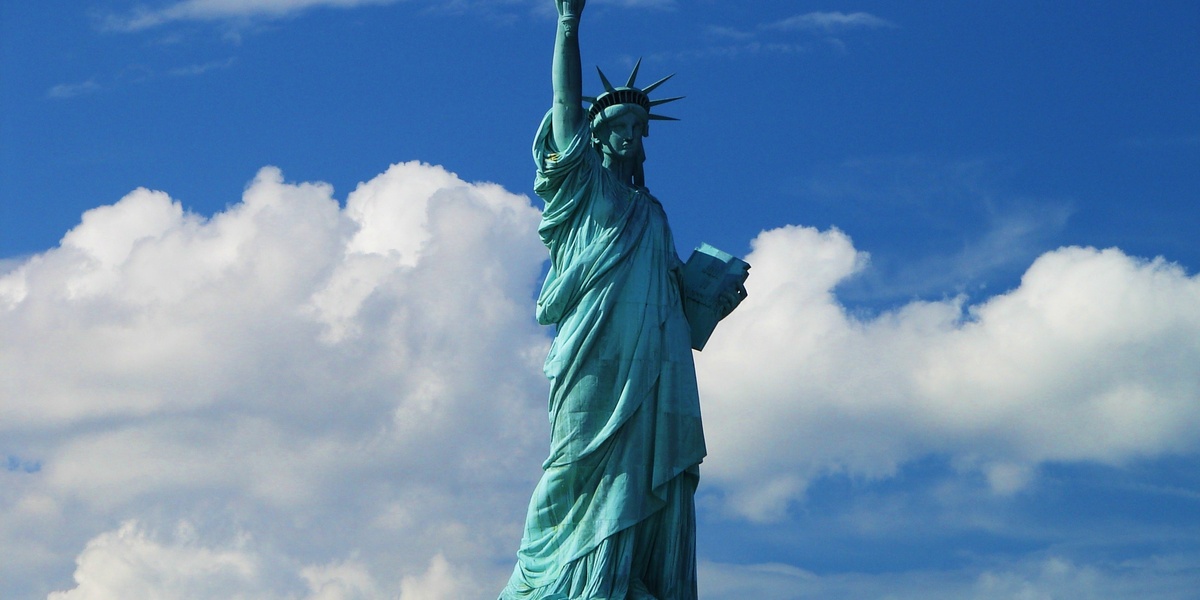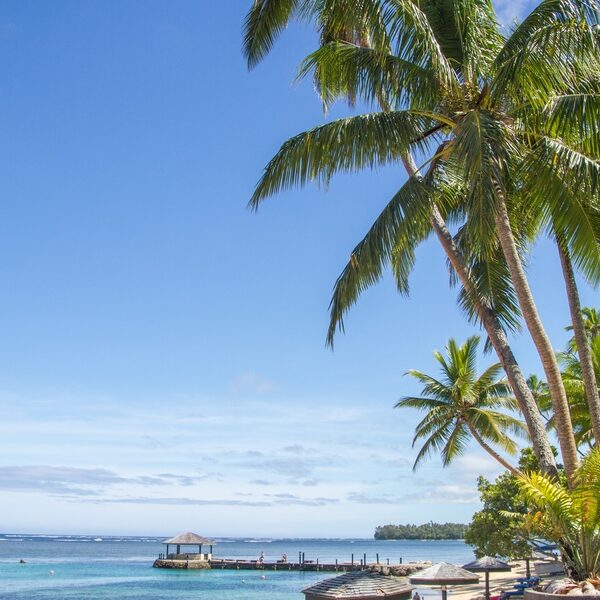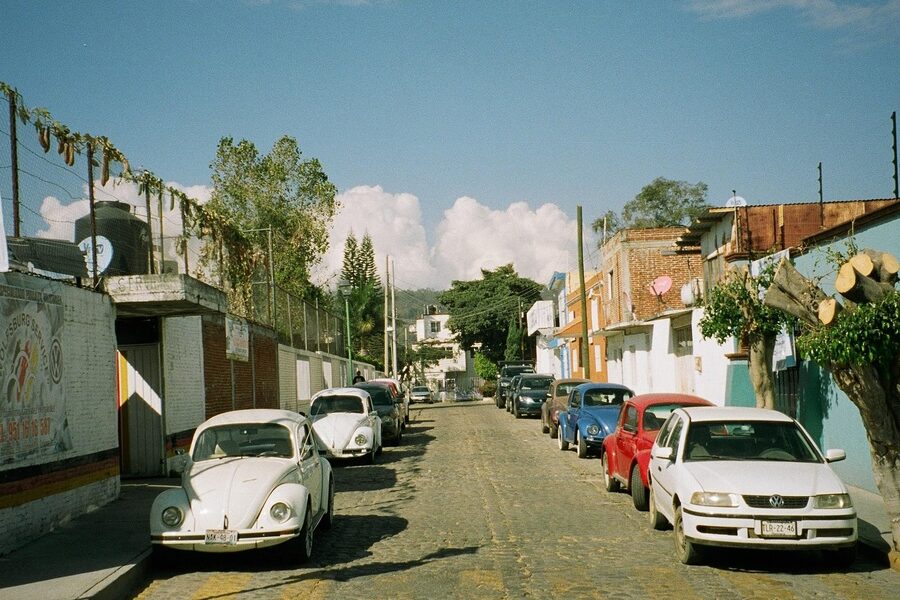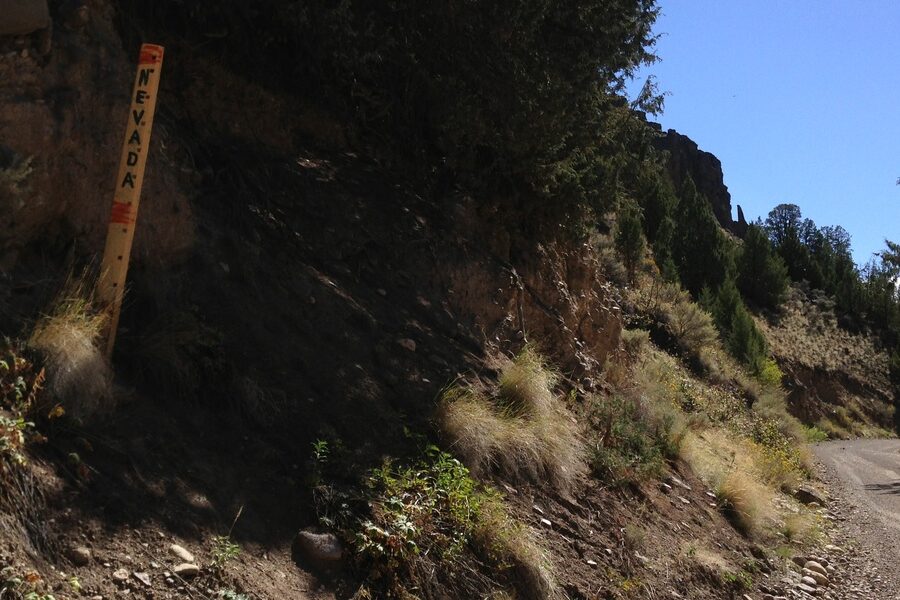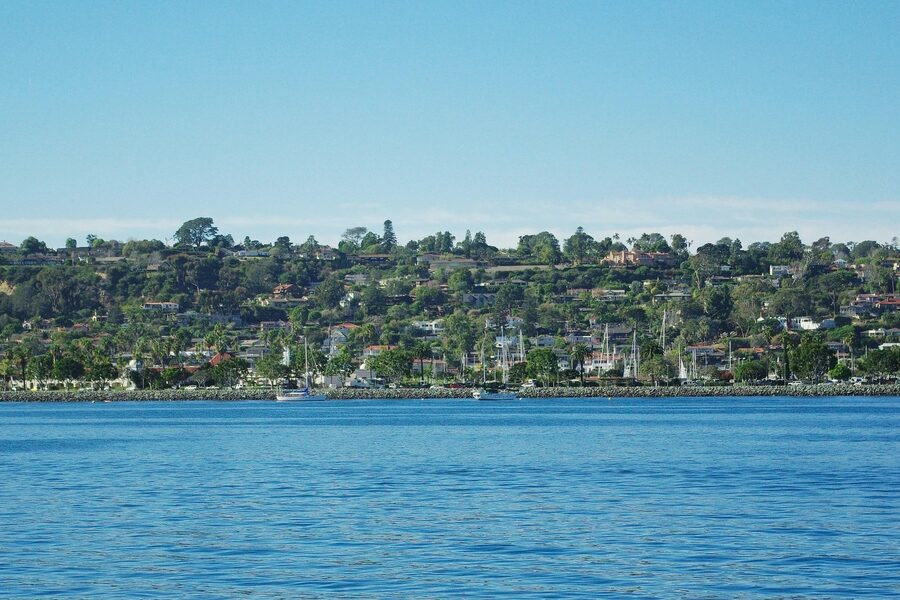New York’s public lands cover a lot more than skyline views and city parks — from urban monuments that tell stories of American history to wide natural areas upstate, there’s a surprising variety to explore. Whether you’re after cultural sites in the five boroughs or rugged trails farther north, the state’s protected places reflect many landscapes and stories.
There are 22 National Parks in New York, ranging from African Burial Ground National Monument to Women’s Rights National Historical Park. For each entry the list below is organized with Type,Location,Notable so you can quickly compare what each site offers and plan visits accordingly — you’ll find below.
How should I group these national parks to make the most of a short trip?
Think regionally: cluster sites in New York City and nearby Hudson Valley stops for a cultural weekend, or focus on upstate areas like the Adirondacks and Catskills for outdoor time. Check each site’s hours and seasonal access, factor in driving times or transit connections, and prioritize a few highlights rather than trying to see everything.
Are there fees or permits I need to know about for these parks?
Many sites are free or have minimal admission, but some managed units may charge parking fees, require timed entry, or offer paid guided programs. Check the National Park Service page for each site before you go and consider an annual pass if you plan multiple visits.
National Parks in New York
| Name | Type | Location | Notable |
|---|---|---|---|
| Statue of Liberty National Monument | National Monument | New York County, Hudson County; New York | Iconic neoclassical statue, Ellis Island immigration museum |
| Gateway National Recreation Area | National Recreation Area | Kings, Queens, Richmond; New York City | Beaches, urban bays, WWII-era Floyd Bennett Field |
| Fire Island National Seashore | National Seashore | Suffolk; Patchogue | Sandy beaches, maritime forests, historic communities, iconic lighthouses |
| Saratoga National Historical Park | National Historical Park | Saratoga; Stillwater | Saratoga battlefield, Revolutionary War turning point |
| Fort Stanwix National Monument | National Monument | Oneida; Rome | Reconstructed Revolutionary War fort with archaeological exhibits |
| Women’s Rights National Historical Park | National Historical Park | Seneca; Seneca Falls | Birthplace of the women’s suffrage movement, historic convention sites |
| Home of Franklin D. Roosevelt National Historic Site | National Historic Site | Dutchess; Hyde Park | FDR’s lifelong home and museum on the Roosevelt family estate |
| Eleanor Roosevelt National Historic Site | National Historic Site | Dutchess; Hyde Park | Val-Kill, Eleanor Roosevelt’s home, gardens, and visitor center |
| Vanderbilt Mansion National Historic Site | National Historic Site | Dutchess; Hyde Park | Gilded Age riverside mansion with formal gardens and Hudson views |
| Martin Van Buren National Historic Site | National Historic Site | Columbia; Kinderhook | President Van Buren’s Lindenwald estate with period rooms |
| Sagamore Hill National Historic Site | National Historic Site | Nassau; Oyster Bay | Theodore Roosevelt’s “Summer White House” and historic house museum |
| Theodore Roosevelt Birthplace National Historic Site | National Historic Site | New York County; New York | Birthplace and museum honoring President Theodore Roosevelt |
| Theodore Roosevelt Inaugural National Historic Site | National Historic Site | Erie; Buffalo | Site where Roosevelt was sworn in as president in 1901 |
| Hamilton Grange National Memorial | National Memorial | New York County; New York | Alexander Hamilton’s preserved home, relocated to Hamilton Heights |
| African Burial Ground National Monument | National Monument | New York County; New York | Sacred burial ground preserving African and African American heritage |
| Federal Hall National Memorial | National Memorial | New York County; New York | Site of George Washington’s first inauguration and early U.S. government |
| Castle Clinton National Monument | National Monument | New York County; New York | 19th-century fort at Battery Park, historic immigration gateway |
| Governors Island National Monument | National Monument | New York County; New York City | Historic military buildings, public park, panoramic Manhattan skyline views |
| Stonewall National Monument | National Monument | New York County; New York | Commemorates 1969 Stonewall riots and LGBTQ civil rights history |
| General Grant National Memorial | National Memorial | New York County; New York | Final resting place of Ulysses S. Grant; monumental riverside mausoleum |
| Saint Paul’s Church National Historic Site | National Historic Site | Westchester; Mount Vernon | 18th-century parish church, Revolutionary War-era cemetery and exhibits |
| Washington-Rochambeau Revolutionary Route National Historic Trail | National Historic Trail | Multiple counties across New York; Various locations statewide | Commemorates 1781 allied army marches crucial to American independence |
Images and Descriptions
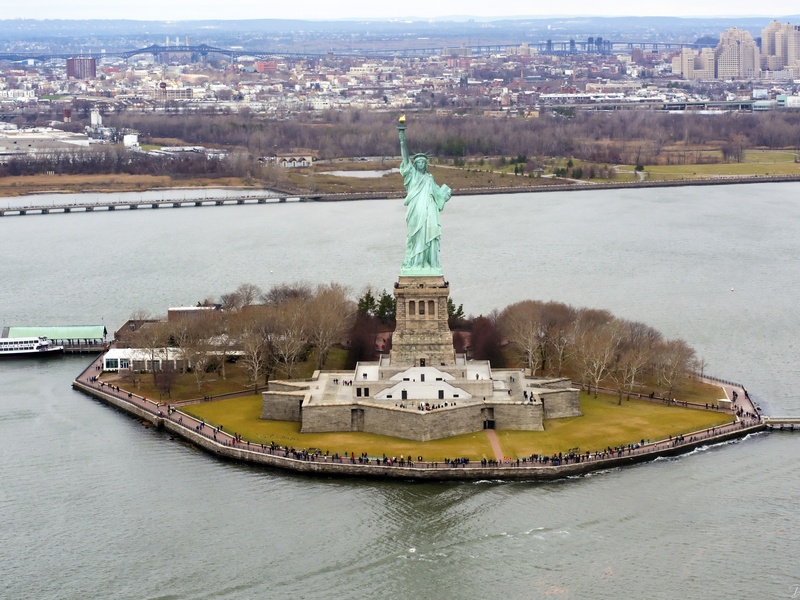
Statue of Liberty National Monument
Protects the Statue of Liberty on Liberty Island and nearby Ellis Island. Serves as a symbol of freedom and U.S. immigration history. Counts as a major National Park Service site in New York Harbor.
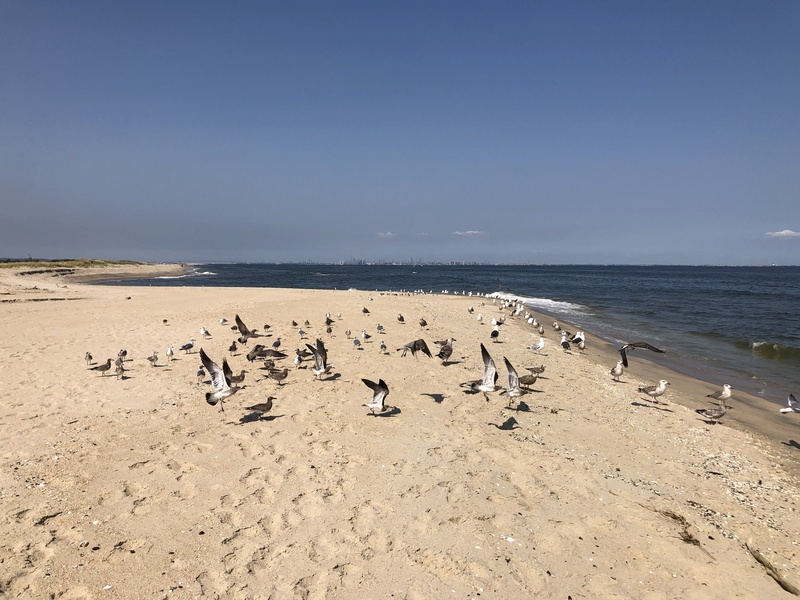
Gateway National Recreation Area
Spans beaches, marshes, marshland, and urban shoreline across New York and New Jersey. Offers recreation, birding, and historic sites near New York City. Represents a large, multi-unit NPS park with many public access points.
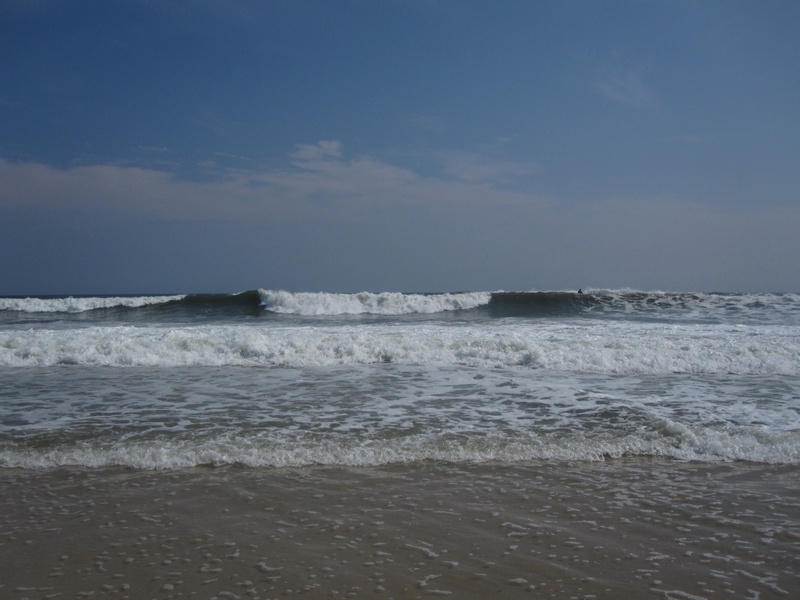
Fire Island National Seashore
Protects a long barrier island with sandy beaches, dunes, and maritime forest off Long Island. Preserves wildlife habitat and small seaside communities. Appears for its coastal scenery and year-round recreation.
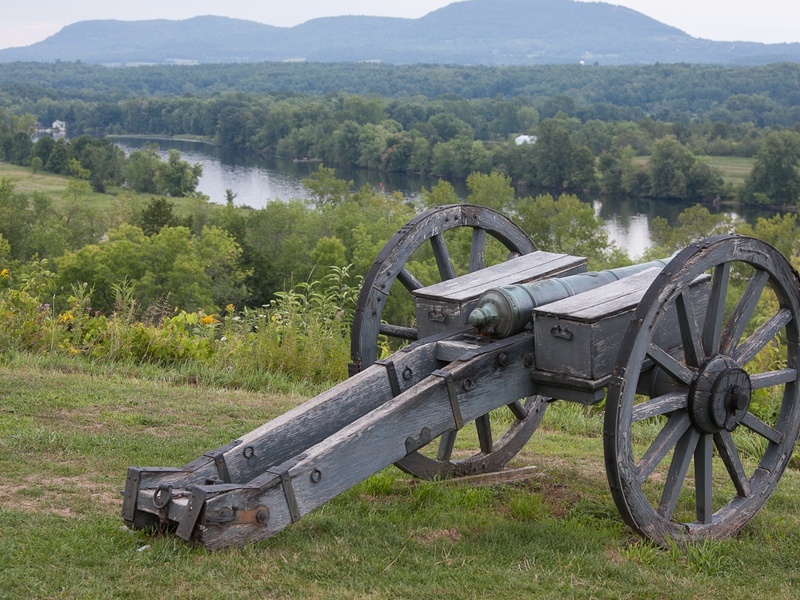
Saratoga National Historical Park
Commemorates the 1777 Battles of Saratoga, a turning point in the American Revolution. Preserves battlefield land, trails, and a visitor center. Stands out as a key Revolutionary War site in New York.
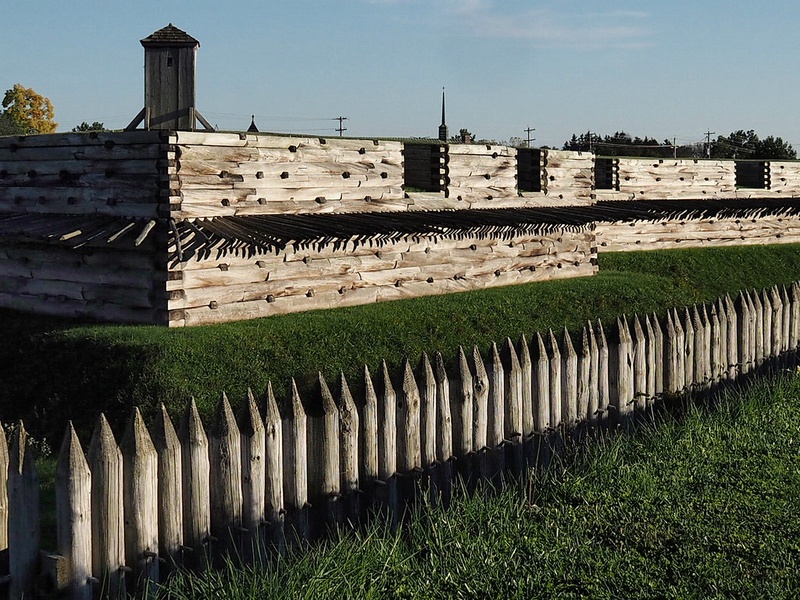
Fort Stanwix National Monument
Preserves an 18th-century frontier fort in Rome, New York. Interprets military life and pivotal Revolutionary War events. Serves as an important NPS historic site in upstate New York.
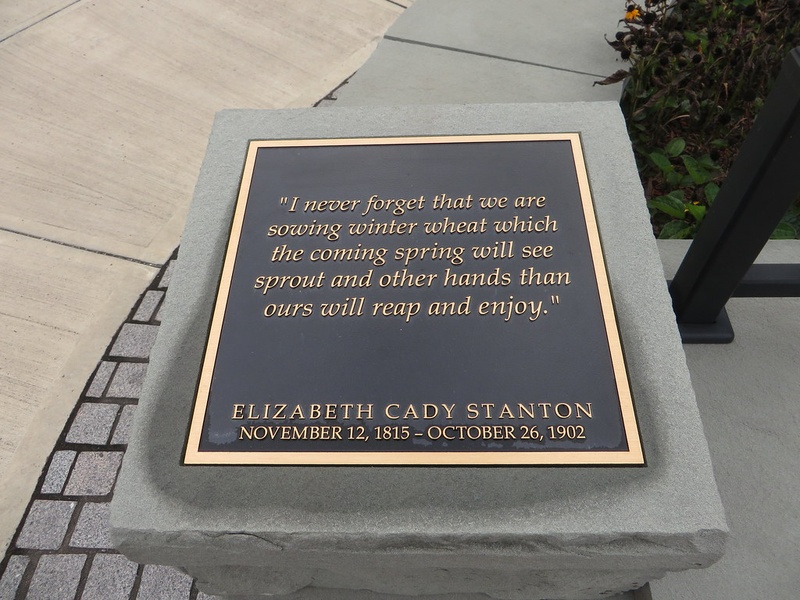
Women’s Rights National Historical Park
Covers sites in Seneca Falls tied to the early U.S. women’s rights movement. Includes the Wesleyan Chapel where the 1848 convention met. Highlights social reform history preserved by the NPS.
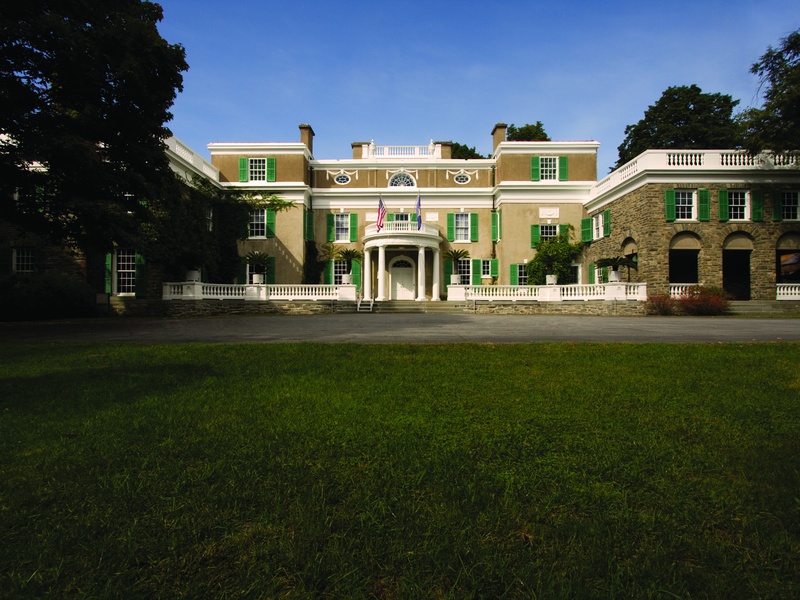
Home of Franklin D. Roosevelt National Historic Site
Protects FDR’s family home and grounds in Hyde Park. Interprets the life and presidency of Franklin D. Roosevelt. Serves as a presidential historic site on the Hudson River.
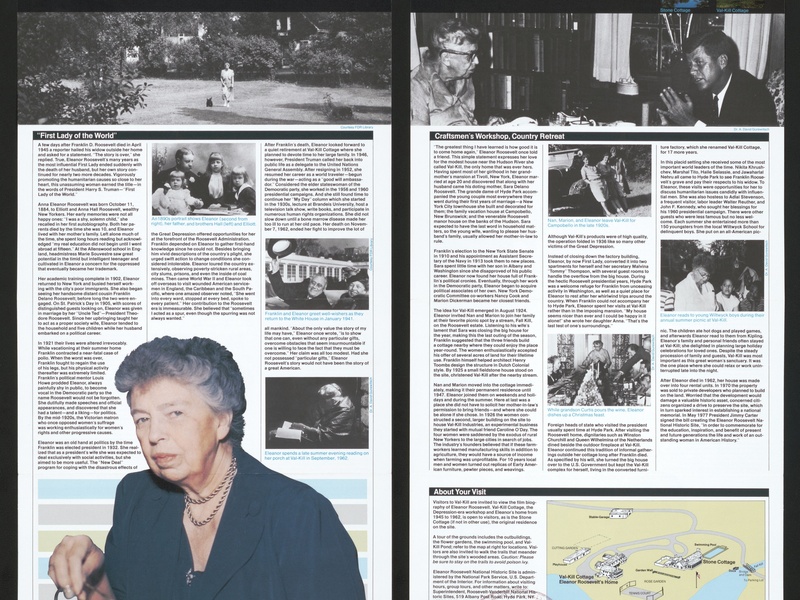
Eleanor Roosevelt National Historic Site
Preserves Val-Kill, the home where Eleanor Roosevelt lived and worked. Highlights her civic work, humanitarian efforts, and social reforms. Appears for its connection to an influential first lady.
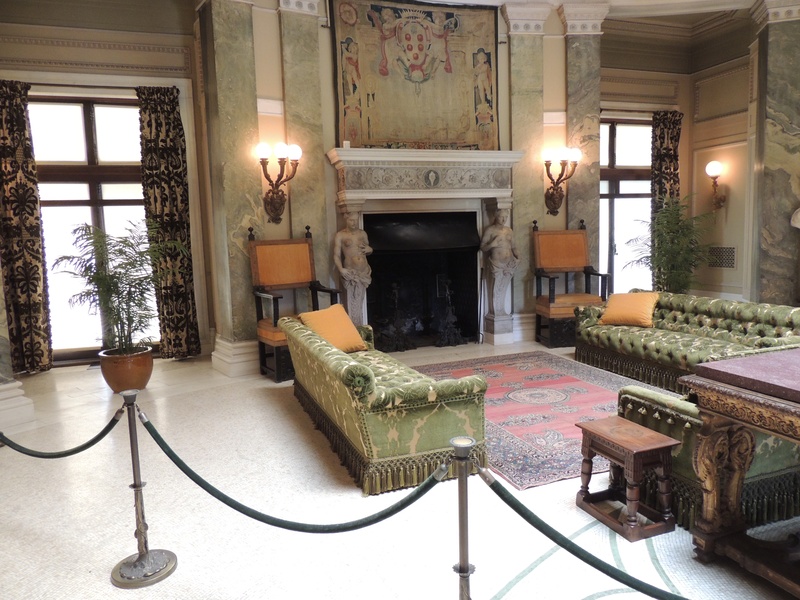
Vanderbilt Mansion National Historic Site
Maintains a Gilded Age estate on the Hudson River in Hyde Park. Shows early 20th-century architecture, formal gardens, and river views. Represents historic architecture and landscape preservation.
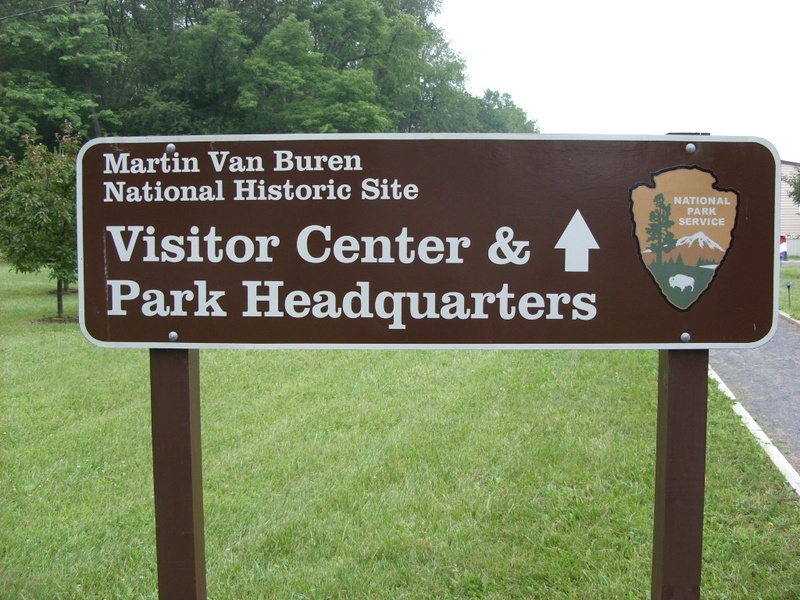
Martin Van Buren National Historic Site
Protects Lindenwald, the home of President Martin Van Buren near Kinderhook. Presents Van Buren’s life and 19th-century politics. Serves as one of New York’s presidential historic sites.
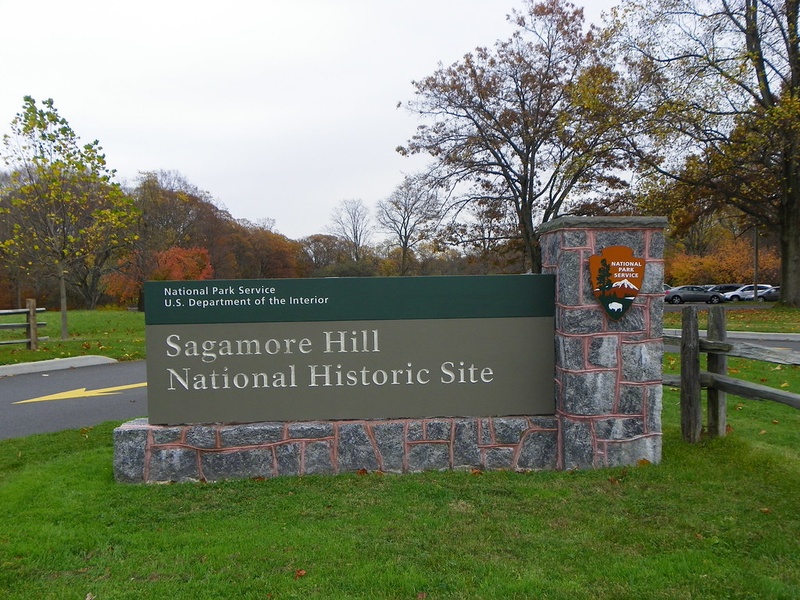
Sagamore Hill National Historic Site
Preserves Theodore Roosevelt’s home in Oyster Bay on Long Island. Shows the family house, study, and surrounding grounds where he worked. Appears for its role in presidential and conservation history.
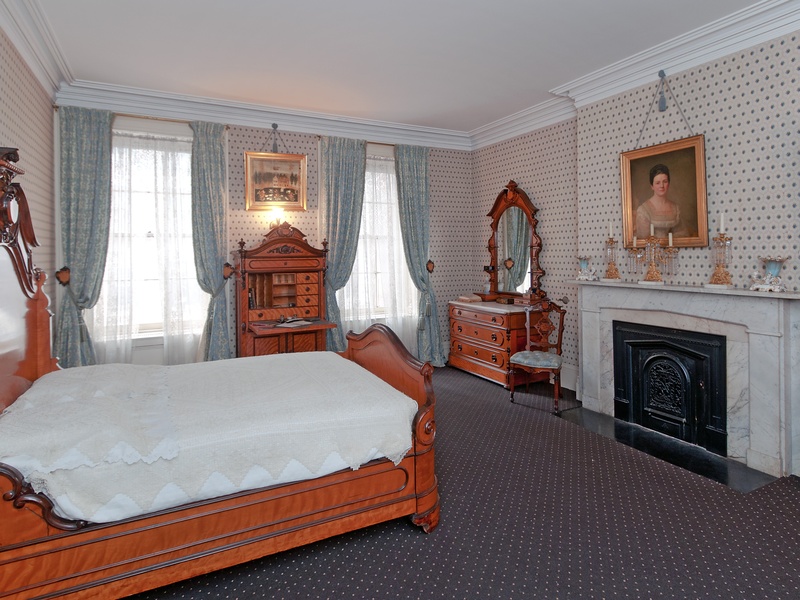
Theodore Roosevelt Birthplace National Historic Site
Marks the small Manhattan house where Theodore Roosevelt was born. Interprets his early life and the Victorian-era home. Serves as the president’s preserved birthplace in New York City.
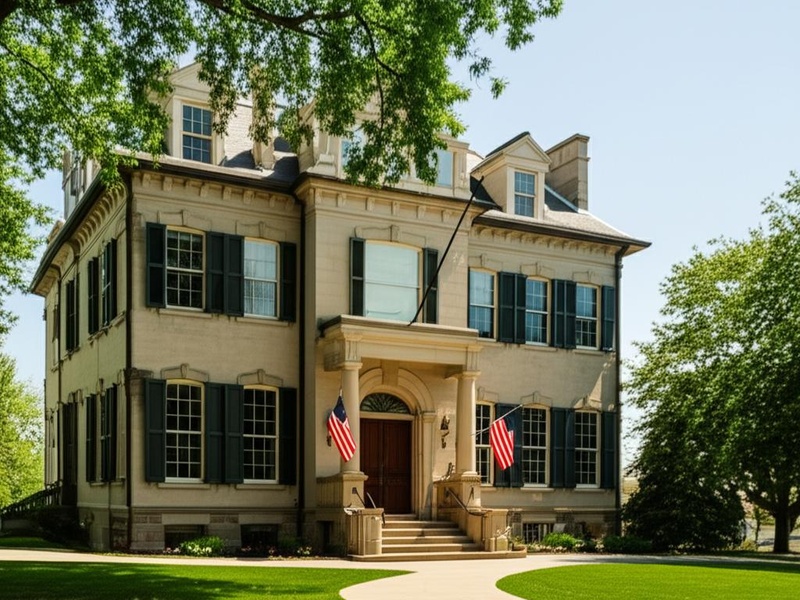
Theodore Roosevelt Inaugural National Historic Site
Commemorates Roosevelt’s 1901 presidential oath after President McKinley’s assassination. Preserves the Ansley Wilcox House in Buffalo. Highlights a crucial moment in U.S. presidential history on New York soil.
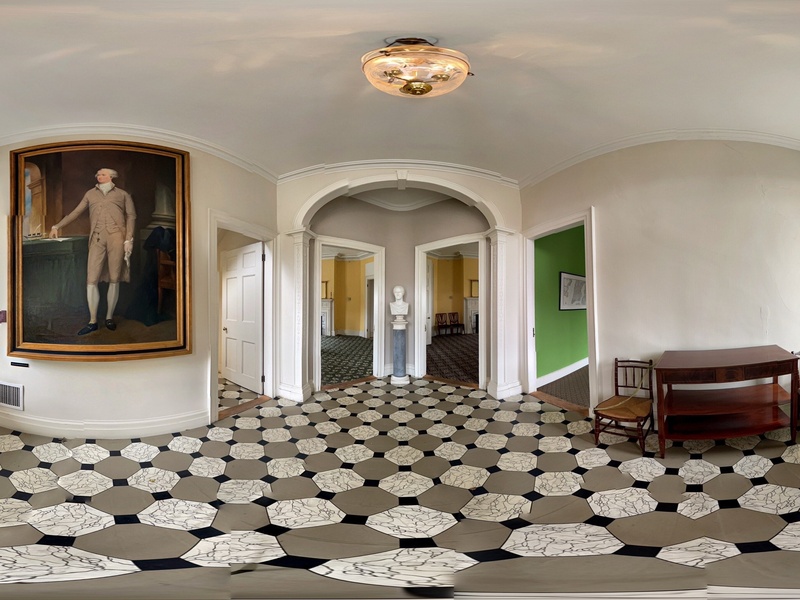
Hamilton Grange National Memorial
Protects Alexander Hamilton’s country home, now located in Harlem. Interprets Hamilton’s life as a Founding Father and public servant. Appears as an important Revolutionary-era memorial in New York City.
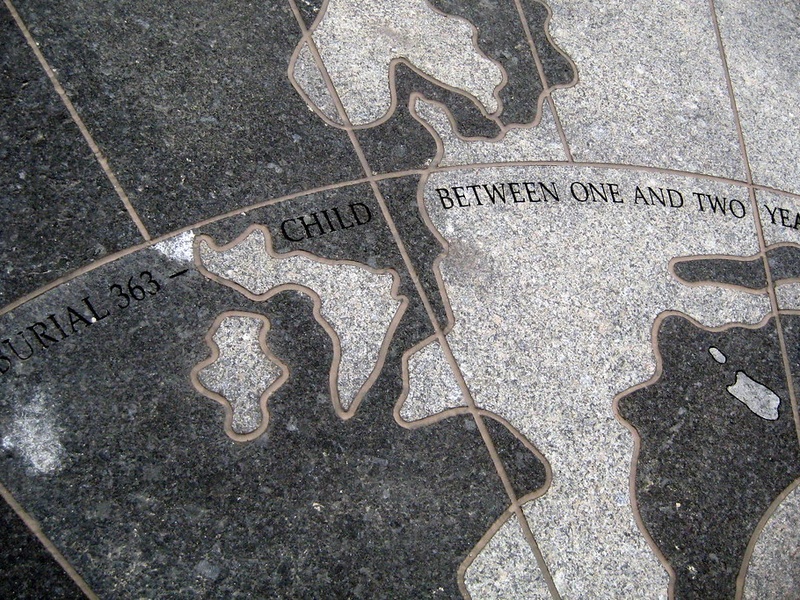
African Burial Ground National Monument
Protects an 18th-century burial site for free and enslaved Africans in Lower Manhattan. Honors the lives and history of African New Yorkers. Stands out for its deep cultural and historic importance.
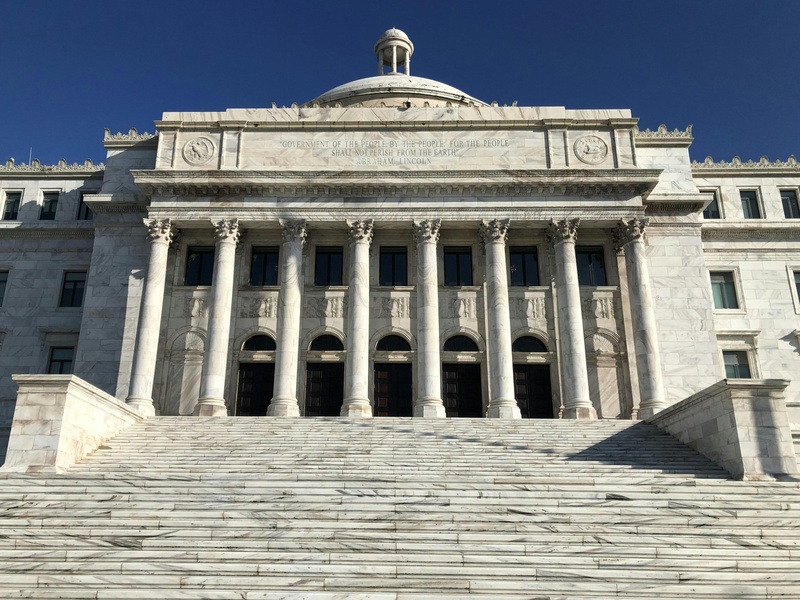
Federal Hall National Memorial
Marks the site of the first U.S. Capitol and George Washington’s 1789 inauguration on Wall Street. Preserves a 19th-century federal building with exhibits about the early republic. Serves as a founding-era national memorial.
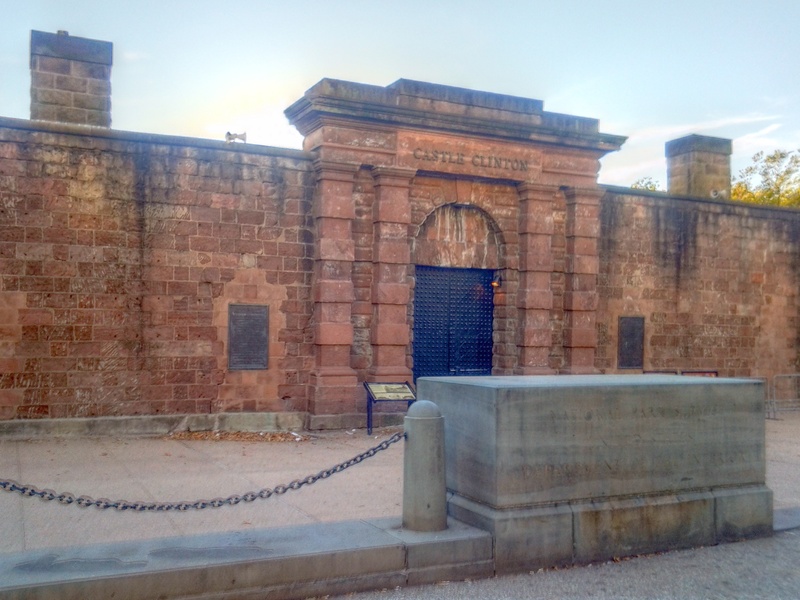
Castle Clinton National Monument
Is a circular fort and former entertainment site at Battery Park in Manhattan. Served over time as a fort, an immigration station, and an aquarium. Appears as a historic harbor monument managed by the NPS.
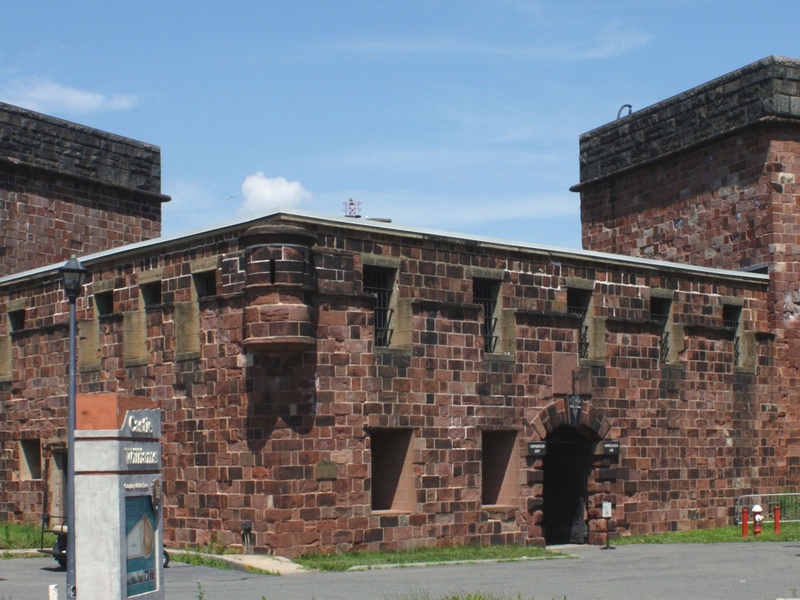
Governors Island National Monument
Covers historic forts, military buildings, and parkland on Governors Island in New York Harbor. Shows military history and offers public open space and city views. Represents a unique island NPS site near Manhattan.
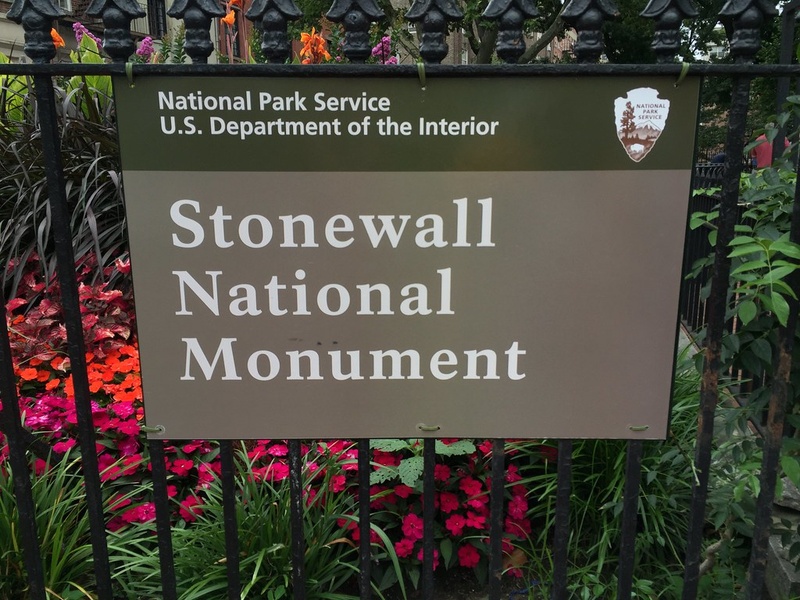
Stonewall National Monument
Commemorates the 1969 Stonewall riots and the start of the modern LGBTQ rights movement in Greenwich Village. Includes the Stonewall Inn and adjacent historic streets. Serves as the first U.S. national monument dedicated to LGBTQ history.
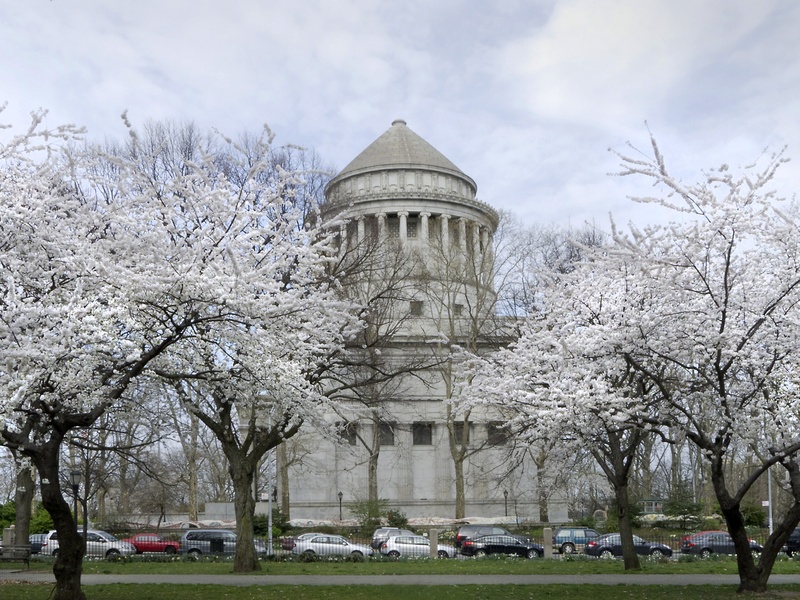
General Grant National Memorial
Contains President Ulysses S. Grant’s tomb at Riverside Park in Manhattan. Serves as the largest mausoleum in North America. Appears as a presidential memorial preserved by the National Park Service.
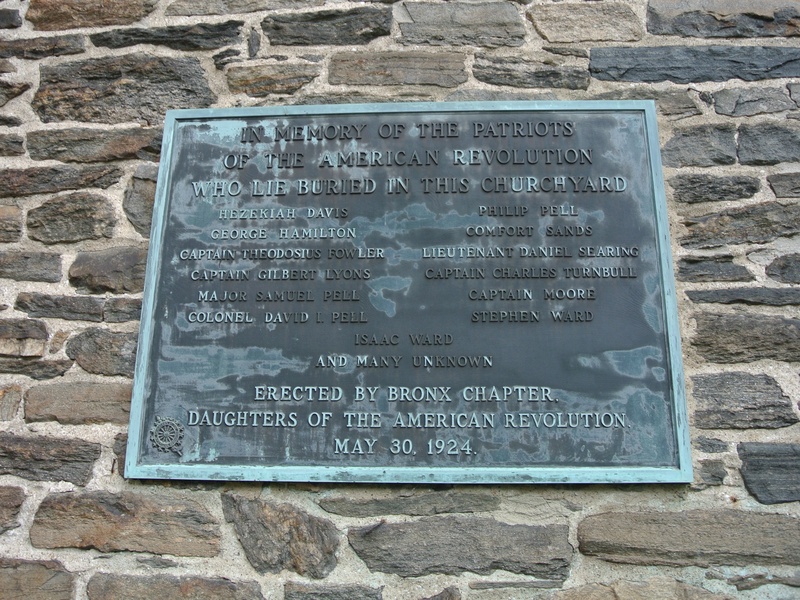
Saint Paul’s Church National Historic Site
Preserves an 18th-century church, cemetery, and meetinghouse in Mount Vernon, Westchester County. Interprets colonial life, local politics, and Revolutionary War-era events. Serves as a regional NPS historic site north of New York City.
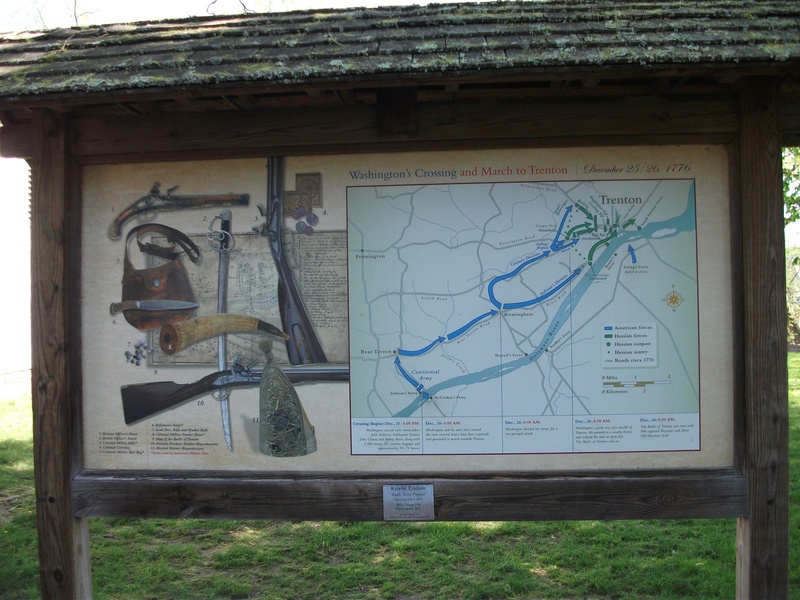
Washington-Rochambeau Revolutionary Route National Historic Trail
Marks the overland and water routes used by American and French armies during 1781-83, including stretches in New York. Preserves roads, towns, and sites tied to the allied march. Appears for its long-distance link to Revolutionary War history.

